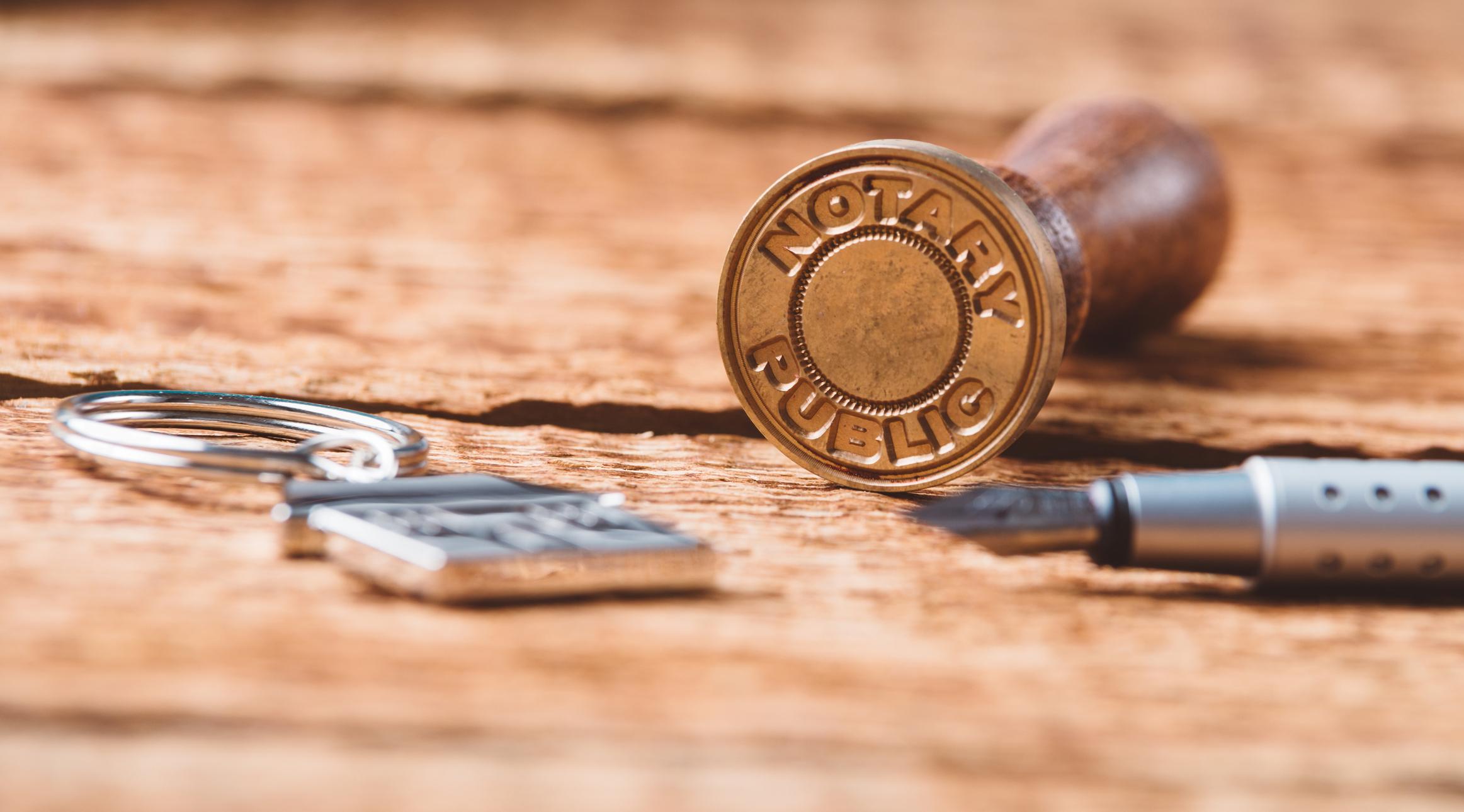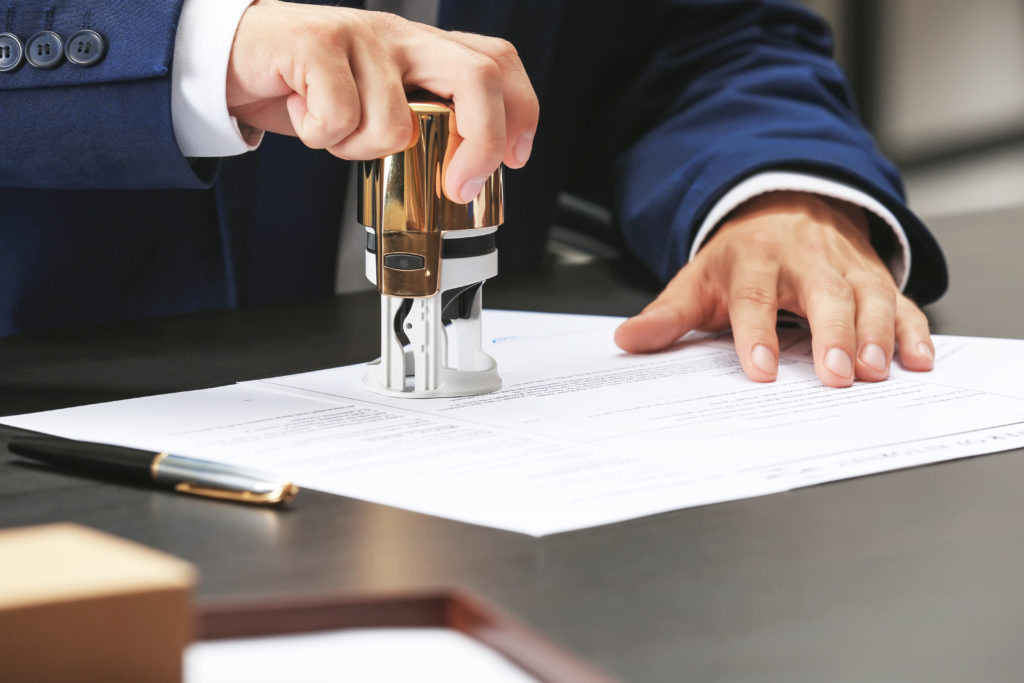Navigating DIRCO Requirements: Compliance and Diplomatic Relations
Navigating DIRCO Requirements: Compliance and Diplomatic Relations
Blog Article
Demystifying Notarial Work: Simplifying the Function and Importance of Notaries
Their function, often shrouded in mystery for many, brings substantial weight in guaranteeing the credibility and integrity of important files. By unwinding the complexities surrounding notarial practices and shedding light on the relevance of their acts, a more clear understanding emerges of the crucial role notaries play in upholding the fabric of legal and legal agreements.
The Background of Notarial Work
How did notarial work progress in time to become an essential part of lawful and business purchases? The history of notarial job go back to ancient people, where scribes played a critical duty in taping essential info and authenticating files. As societies proceeded, the demand for a much more formalized system to make sure the legitimacy of contracts developed. This led to the development of notaries, people designated by the state to function as neutral witnesses in lawful issues.
During the Middle Ages, notaries gained prestige in Europe, with their functions increasing to include preparing legal files, licensing trademarks, and preserving documents. The rise of worldwide trade even more stressed the relevance of notarial work in verifying agreements and arrangements throughout borders.
In the modern-day era, notaries continue to play a crucial duty in legal and company purchases by confirming identities, validating the credibility of documents, and protecting against fraudulence. Their duty in certifying the legitimacy of contracts includes a layer of safety and depend the ever-evolving landscape of business and law.

Responsibilities and Responsibilities of Notaries
Notaries play an important duty in verifying the credibility of files and the identification of signatures. One of their main obligations is to witness the signing of crucial records, such as wills, contracts, and deeds, to make sure that all celebrations are entering into arrangements intentionally and voluntarily.
They accredit copies of initial records, supplying guarantee to organizations that the duplicates are true replicas of the originals. On the whole, the responsibilities and duties of notaries are necessary in securing the integrity and legality of various papers and purchases - Apostille.
Notarial Certificates and Signatures
Exemplifying meticulous attention to information, notarial certificates and trademarks work as crucial elements in validating the authenticity of lawful documents. Notarial certifications generally contain important details such as the date of notarization, the names of the signatures, a description of the file, and the notary's main seal. These certifications give a clear record of the notarial act, making certain that the document can be conveniently identified and mapped back to the notary that oversaw the process.
Trademarks play an essential duty in notarial job, as they indicate the arrangement and consent of the events included. Notaries very carefully witness the signing of files to confirm the identity of the signatories and validate that they are signing of their very own complimentary will. By attaching their official seal and trademark to the paper, notaries certify that the necessary treatments have been followed and Extra resources that the paper is enforceable and legitimate.
In significance, notarial certifications and signatures are the hallmark of credibility in legal transactions, offering guarantee to all events involved that the papers are legit and binding.
Importance of Notarial Acts

Registration Refine Described
Explaining the notarization procedure offers quality on the vital actions included in verifying legal records. The notarization procedure commonly starts with the individual offering the record to a notary public. The notary then verifies the signer's identification via appropriate identification techniques. Once the identification is validated, the notary ensures that the specific authorizing the document does so voluntarily and with no threat.

Final Thought

Notarial certifications commonly include critical information such as the date of notarization, the names of the notaries, a description of the file, and the notary's main seal. These certifications give a clear record of the notarial act, making certain that the record can be quickly recognized and traced back to the notary that oversaw the process.
By attaching their main seal and trademark to the record, notaries accredit that the necessary treatments have actually been followed and that the record is enforceable and valid.
By verifying the identity of the notaries, validating their willingness to enter right into the arrangement, and certifying the date and location of the signing, notaries play a vital duty in promoting the legitimacy of lawful records.After the record is signed, the notary will attach their official seal or stamp onto the paper.
Report this page